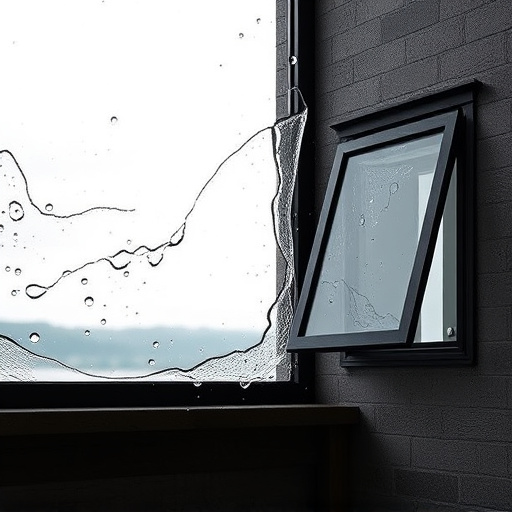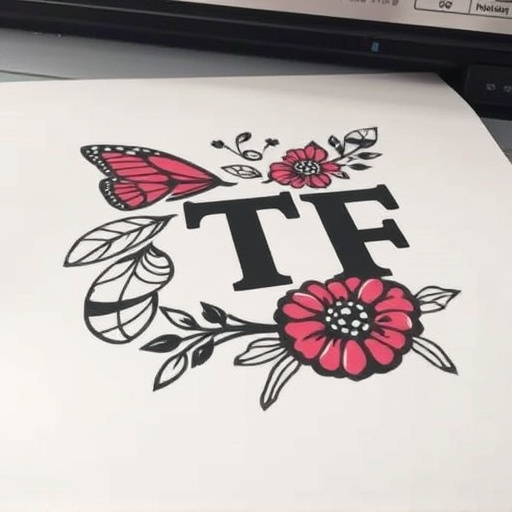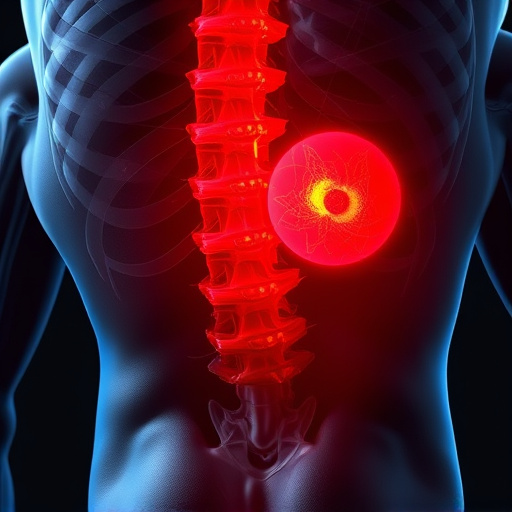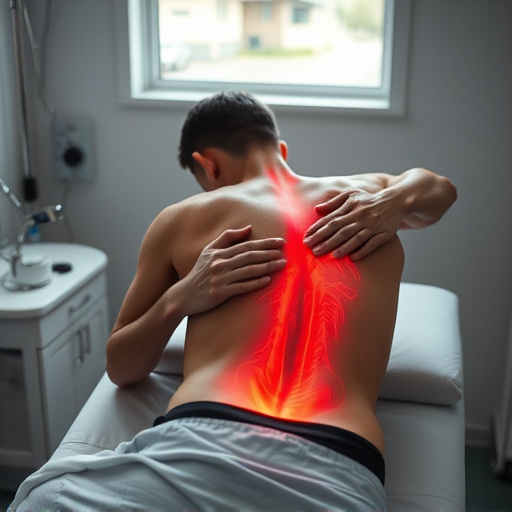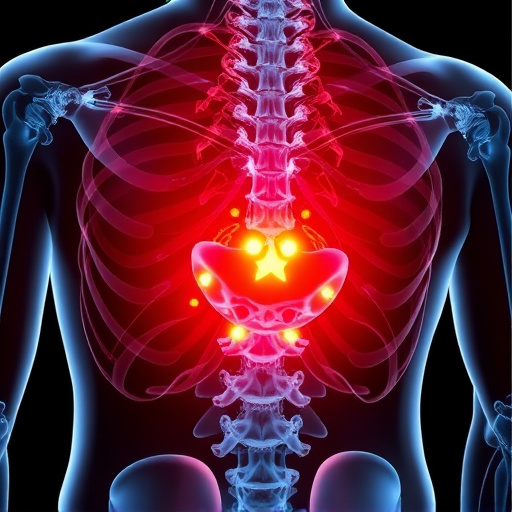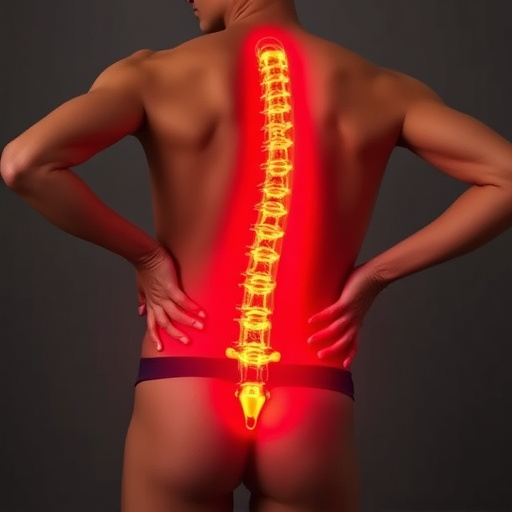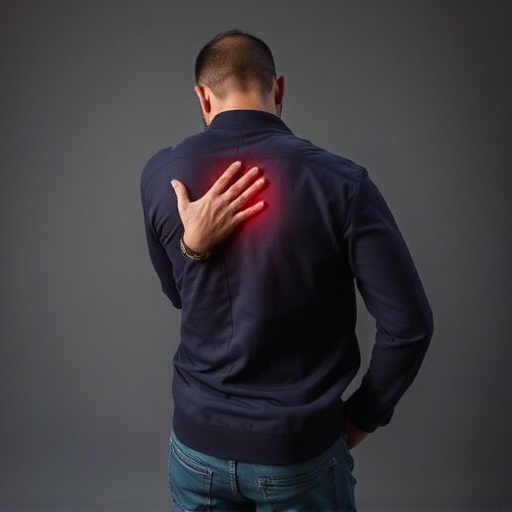Post-accident rehabilitation is a personalized process addressing diverse physical and psychological challenges. It involves a thorough assessment to set specific goals for pain management, mobility restoration, and overall function enhancement. Chiropractors offer advanced techniques, combining hands-on adjustments, exercises, and education, to support recovery, prevent relapse, and promote long-term wellness through holistic injury prevention strategies.
Post-accident rehabilitation is a crucial phase in an individual’s recovery journey. This comprehensive guide explores best practices to ensure successful outcomes. Understanding the unique needs of each patient is key; from there, creating tailored plans that address physical and psychological aspects is essential. We delve into strategies for supporting survivors during recovery, with a focus on preventing relapse. By following these practices, healthcare professionals can optimize post-accident rehabilitation, fostering holistic healing and enhanced quality of life.
- Understanding Post Accident Rehabilitation Needs
- Creating a Comprehensive Rehabilitation Plan
- Supporting Recovery and Preventing Relapse
Understanding Post Accident Rehabilitation Needs
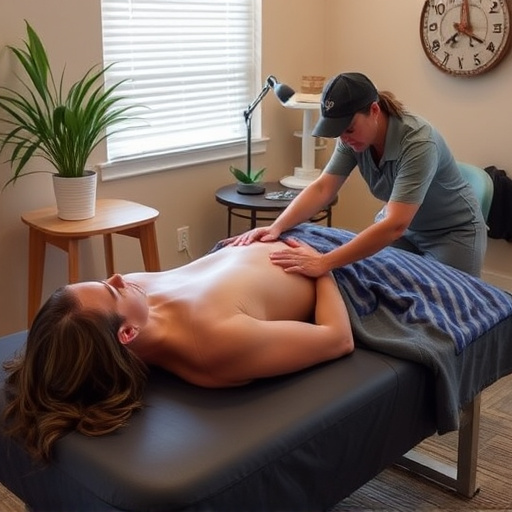
Post-accident rehabilitation is a critical phase that requires a deep understanding of the individual’s unique needs and challenges. Every accident is distinct, leading to varied physical and psychological outcomes. Therefore, a comprehensive assessment is essential to identify specific goals for recovery. This process involves evaluating the extent of injuries, particularly soft tissue injuries, which can be complex and impact mobility and daily functioning.
For individuals dealing with chronic pain relief after a car accident injury care, rehabilitation becomes a pathway to regaining control over their lives. It’s about more than just healing; it’s about adapting and learning new strategies to manage pain and improve overall well-being. Effective post-accident rehabilitation considers the whole person—physical, mental, and emotional—ensuring tailored interventions for optimal recovery.
Creating a Comprehensive Rehabilitation Plan
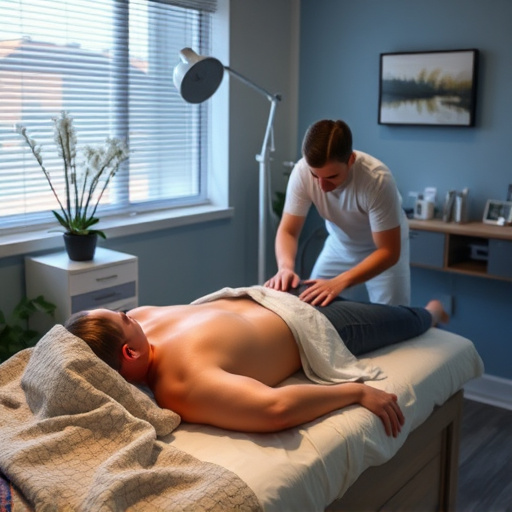
A successful post-accident rehabilitation begins with a comprehensive plan tailored to each individual’s unique needs. This involves a collaborative effort between the patient, healthcare professionals, and therapists to develop a strategic roadmap for recovery. The initial step is assessing the extent of injuries, which may include physical examinations, imaging scans, and reviewing medical history. Based on these findings, a personalized treatment plan is created, focusing on pain management, restoring mobility, and enhancing overall function.
In the context of personal injury chiropractic care, this plan might incorporate various modalities such as adjustments, massage therapy, exercise routines, and cognitive-behavioral techniques. Personalized treatment plans offer numerous benefits, including improved patient satisfaction and enhanced recovery outcomes. They allow for flexibility, ensuring that the rehabilitation journey is not one-size-fits-all but rather adapts to the individual’s progress and goals, ultimately contributing to a smoother auto accident recovery process.
Supporting Recovery and Preventing Relapse
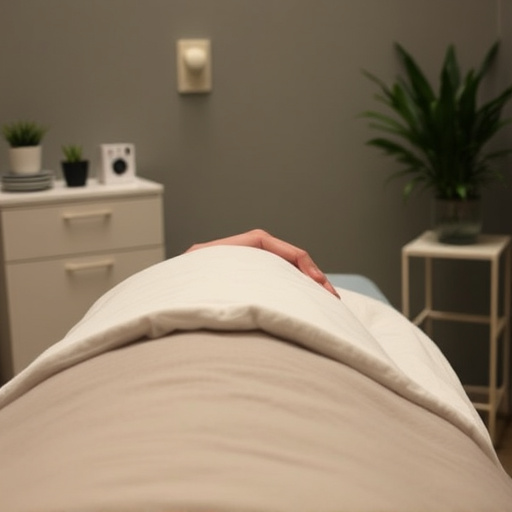
Supporting Recovery and Preventing Relapse is a vital aspect of any effective post accident rehabilitation program. Personalized treatment plans tailored to each individual’s unique needs and injuries play a crucial role in facilitating healing. Chiropractors specializing in personal injury care can offer advanced techniques for pain management, addressing not just the physical symptoms but also the psychological impact of accidents.
By combining hands-on adjustments with therapeutic exercises and patient education, these plans help patients regain mobility, reduce inflammation, and strengthen their bodies. Additionally, a strong focus on preventing relapse involves teaching patients about injury prevention strategies, proper posture, and ergonomic practices to avoid future injuries. This holistic approach ensures that individuals not only recover from their accidents but also gain the knowledge and tools needed to maintain long-term health and wellness.
Post-accident rehabilitation is not just about physical healing but also empowering individuals to regain control of their lives. By understanding unique needs, crafting tailored plans, and offering continuous support, we can facilitate successful recovery and prevent relapse. Adopting best practices ensures that those affected by accidents receive the comprehensive care they deserve, enabling them to navigate the journey towards full rehabilitation and a fulfilling life ahead.
